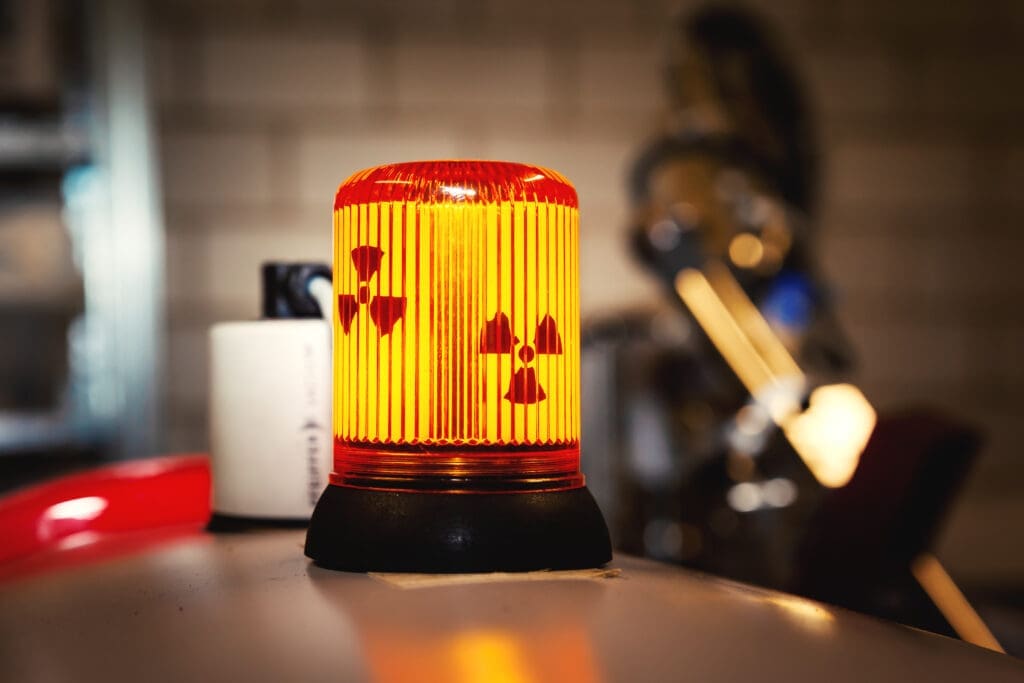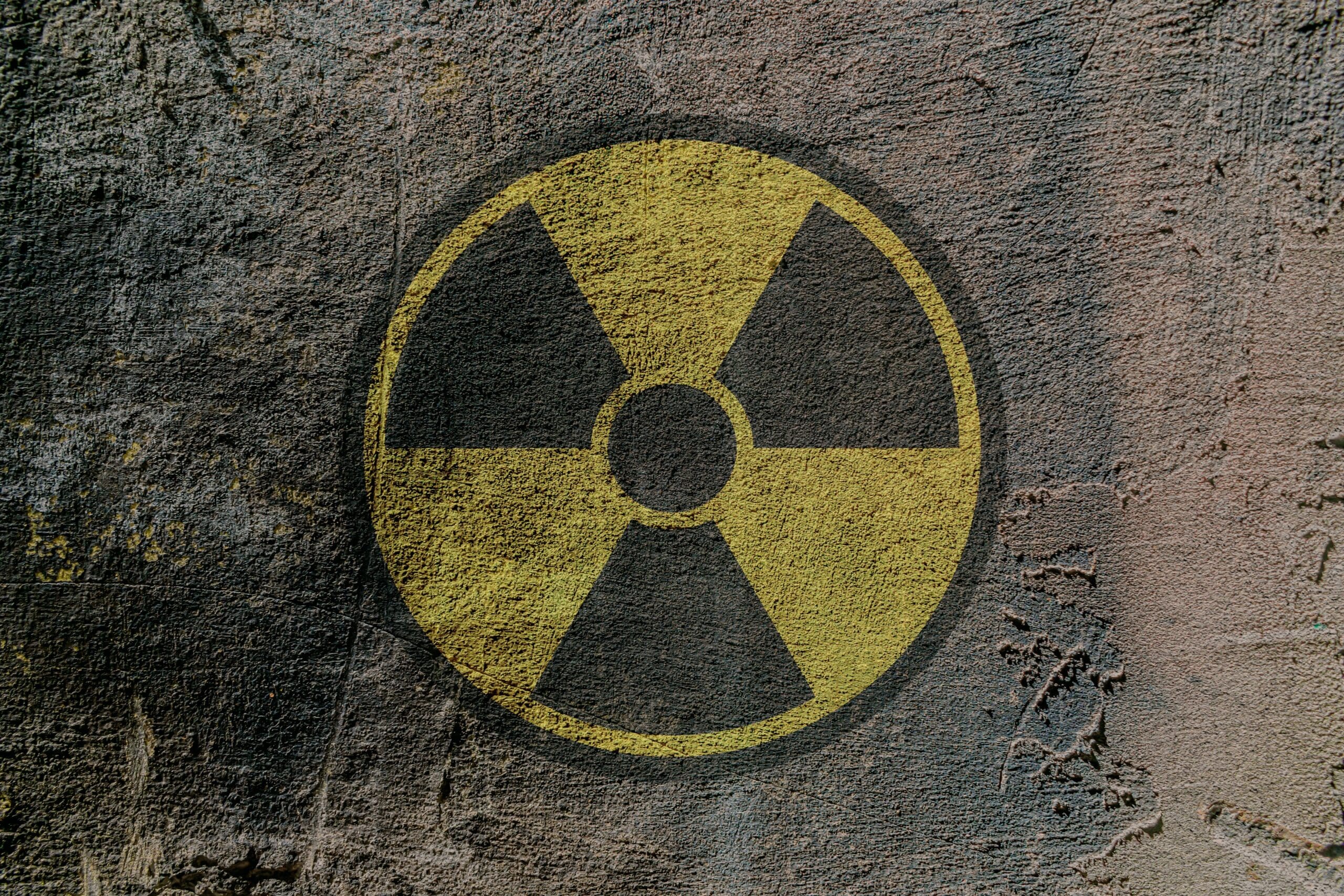If you are concerned about radon levels in your home, you’re not alone. Radon is a radioactive gas that can seep into homes and buildings, posing health risks to occupants. In this comprehensive guide, we will walk you through the process of researching and understanding radon levels and mitigation options to keep your property safe.
The Importance of Radon Testing
Before delving into radon mitigation, it’s crucial to conduct thorough radon testing. Radon is odorless and invisible, making it impossible to detect without proper measurement. By testing for radon gas, you can gain valuable insights into the levels present in your property and make informed decisions about mitigation.
Understanding Radon Levels

Radon levels are measured in picocuries per liter (pCi/L). The U.S. Environmental Protection Agency (EPA) recommends action if radon levels exceed 4 pCi/L. However, even lower levels can pose health risks, so it’s essential to take radon seriously regardless of the concentration.
Radon Mitigation Techniques
If radon testing reveals elevated levels, there are several effective mitigation techniques available:
- Sub-Slab Depressurization (SSD): One of the most common methods, SSD involves installing pipes below the property’s foundation to redirect radon outdoors, away from living spaces.
- Ventilation: Improving ventilation can help reduce radon buildup. Simple measures like opening windows or using exhaust fans can aid in radon gas dilution.
- Sealing Cracks and Openings: Radon can enter through gaps in floors and walls. Sealing these openings can help prevent radon infiltration.
- Crawl Space Encapsulation: For properties with crawl spaces, encapsulation can be beneficial. This process involves sealing the crawl space to prevent radon from entering the living areas.
Protecting Your Loved Ones

Understanding the health risks associated with radon exposure is vital. Prolonged exposure to high levels of radon can increase the risk of lung cancer, especially for smokers. Protect your loved ones’ well-being by taking proactive steps to mitigate radon in your property.
Seeking Professional Help
While some radon mitigation techniques can be DIY projects, seeking professional assistance is recommended for more complex solutions. A certified radon mitigation specialist can assess your property, recommend the most suitable strategies, and ensure effective implementation.
By researching and understanding radon levels and mitigation options, you take a significant step towards safeguarding your property and loved ones. Prioritize radon testing, and if needed, employ appropriate mitigation techniques to maintain a healthy indoor environment. Stay informed, stay safe!
#RadonSafety #HealthyHome #RadonMitigationTips #PropertyHealth #IndoorAirQuality

Richard has extensive experience in all aspects of buying and selling residential property. He has sold more than 400 homes and well over $100 million in residential real estate. There’s no need to guess. Get expert advice that will allow you to buy and sell with confidence and ease.
For neighborhood guides about Decatur and other intown neighborhoods, click here.
To learn more about the value of your home, please complete the form here.
If you are looking to purchase a home, please reach out here. We would love to help you have a wonderful buying experience.
You can always reach us through the Contact Us page here as well.
